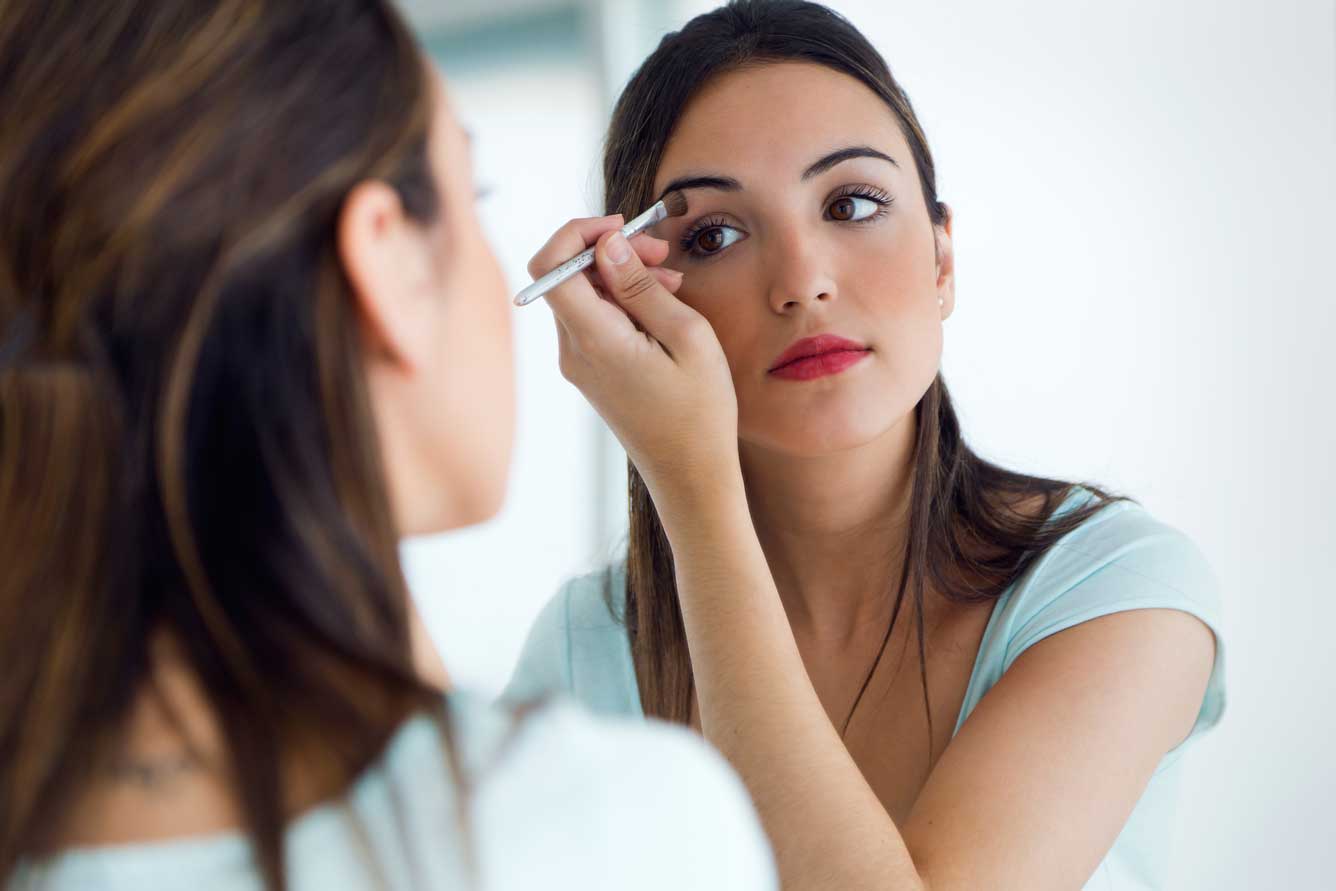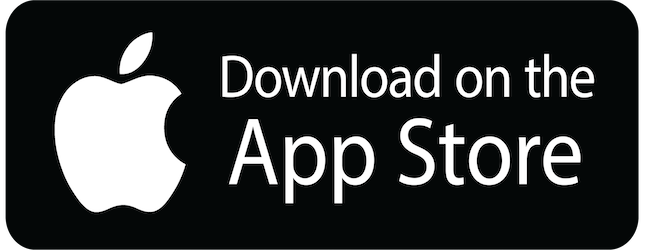English for talking about makeup and cosmetics
By Emily Hitz, PhraseMix.com contributor

For many people, talking about makeup is like speaking another language. If you're a fan of makeup, or perhaps an expert, you might use some of these phrases to describe the science and art of cosmetics (another word for makeup).
Things you do with makeup
There are several phrases for the makeup process. The two most common are put on makeup, and do (someone's) makeup. For example, you might say:
It takes me about five minutes to do my makeup.
A more formal verb is apply. You can say "apply lipstick" or "put on lipstick" — the meaning is the same.
An important note: "makeup" is not a verb; it's a noun. It's incorrect to say "I makeup" or "I makeup my face." However, if someone is wearing noticeable makeup, you can say:
She looked all made up.
You might hear or read the phrase put (someone's) face on. This means to put on makeup — usually a full face of it. It's not a common phrase and is often a bit of a joke.
Phrases for quick cosmetic fixes
For some people, makeup is all about solutions. They want to fix their imperfections or flaws — those little things that make us less than perfect.
Some people want to hide certain parts of their skin, like scars or acne. Makeup that helps with this will conceal or cover (up) these imperfections.
Maybe you don't have anything to cover up, but you feel like you look tired or pale. Many people call this looking washed out — like all the color has been washed out from your face! Lipstick and blush are popular fixes for this. They can give you a healthy glow, which means that you look well-rested and youthful.
If your forehead is a little more tan than your cheeks, you might choose a foundation or tinted lotion to even out your skin tone.
Some anti-aging products say they will tighten your skin. That is, they make your skin tighter, less wrinkled, and younger-looking. A similar verb (also an adjective) is smooth.
If you have very light lips or eyebrows, you may want to fill them in with a bit of color.
Bringing out your best
On the other hand, some cosmetics emphasize our best features.
A purple eyeliner might make your eyes pop. This means to make something stand out more, and be more noticeable, like the color of your eyes or hair.
Many products claim to bring out your features, like your eyes or lips. For example, a bright red lipstick will certainly bring out your lips. A similar word is highlight.
Faking It
We can't all be beautiful, but some products create a look of natural beauty. Fake eyelashes (also called false eyelashes) have become popular lately. These are longer, thicker eyelashes that you attach to your eye.
For people with sensitive skin, a fake tan is a nice alternative to getting a sunburn. Of course, this is only for people who want darker, more bronze skin.
Note: We don't use "fake" for most cosmetics. For example, we wouldn't say "fake hair color". We'd just say things like:
He dyes his hair.
She got her hair colored.
The negative side of makeup
Makeup isn't always good. If someone is wearing a lot of makeup, and it looks very unnatural, you can say the makeup is caked on. This is a very negative comment, so be careful when using this phrase.
Worrying too much about how you look might be unhealthy. Some people say we have a looks-obsessed culture, meaning we care way too much about our appearance. Sometimes we need a reminder that "beauty is skin-deep". This English expression means that our personalities, and other parts of life, are more important than our appearances.
 Emily Hitz lives near San Francisco, California, but she taught English in Vancouver for four years. She now works as a freelance writer, educational consultant, and occasional teacher. She's interested in all things English and linguistics, and Spanish too.
Emily Hitz lives near San Francisco, California, but she taught English in Vancouver for four years. She now works as a freelance writer, educational consultant, and occasional teacher. She's interested in all things English and linguistics, and Spanish too.





